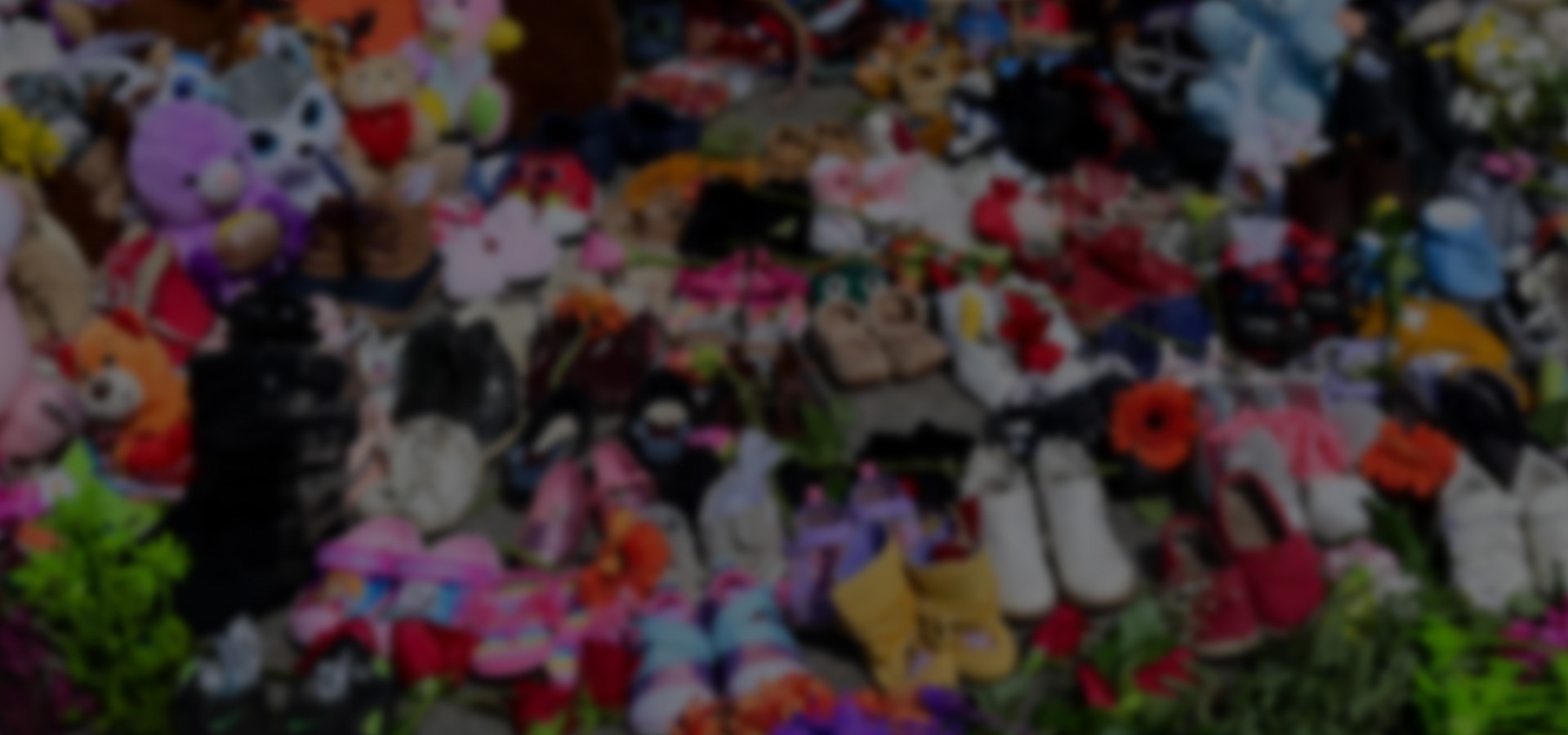Content warning
This webpage contains information about violence related to the Indian residential school system, which may be distressing to some readers.
Safe and respectful mental health and emotional support services are available without judgment and in complete confidentiality:
- National Indian Residential School Crisis Line: 1-866-925-4419
- Hope for Wellness Help Line: 1-855-242-3310 or chat online
- Wellness Together Canada:
- call 1-888-668-6810 or text WELLNESS to 686868 for youth
- call 1-866-585-0445 or text WELLNESS to 741741 for adults


